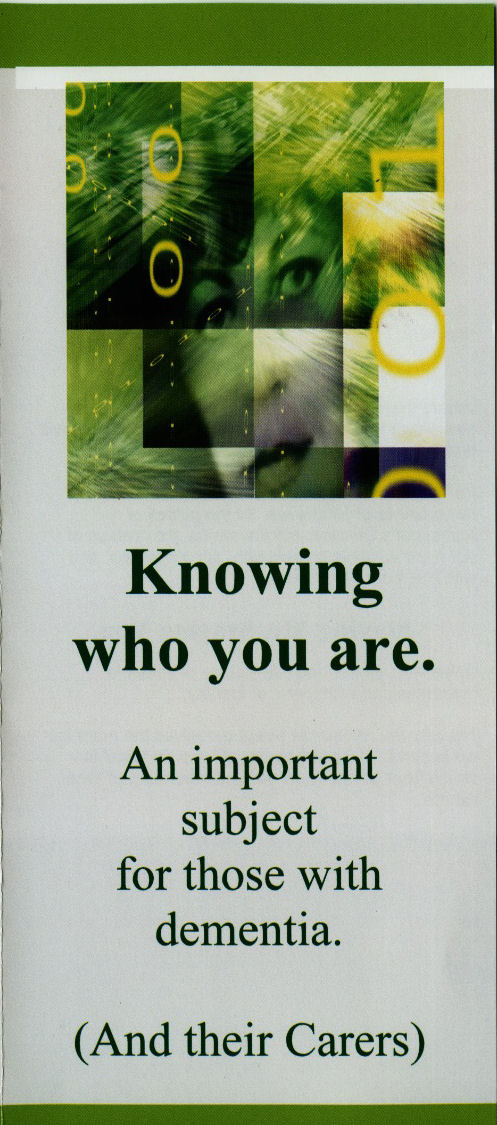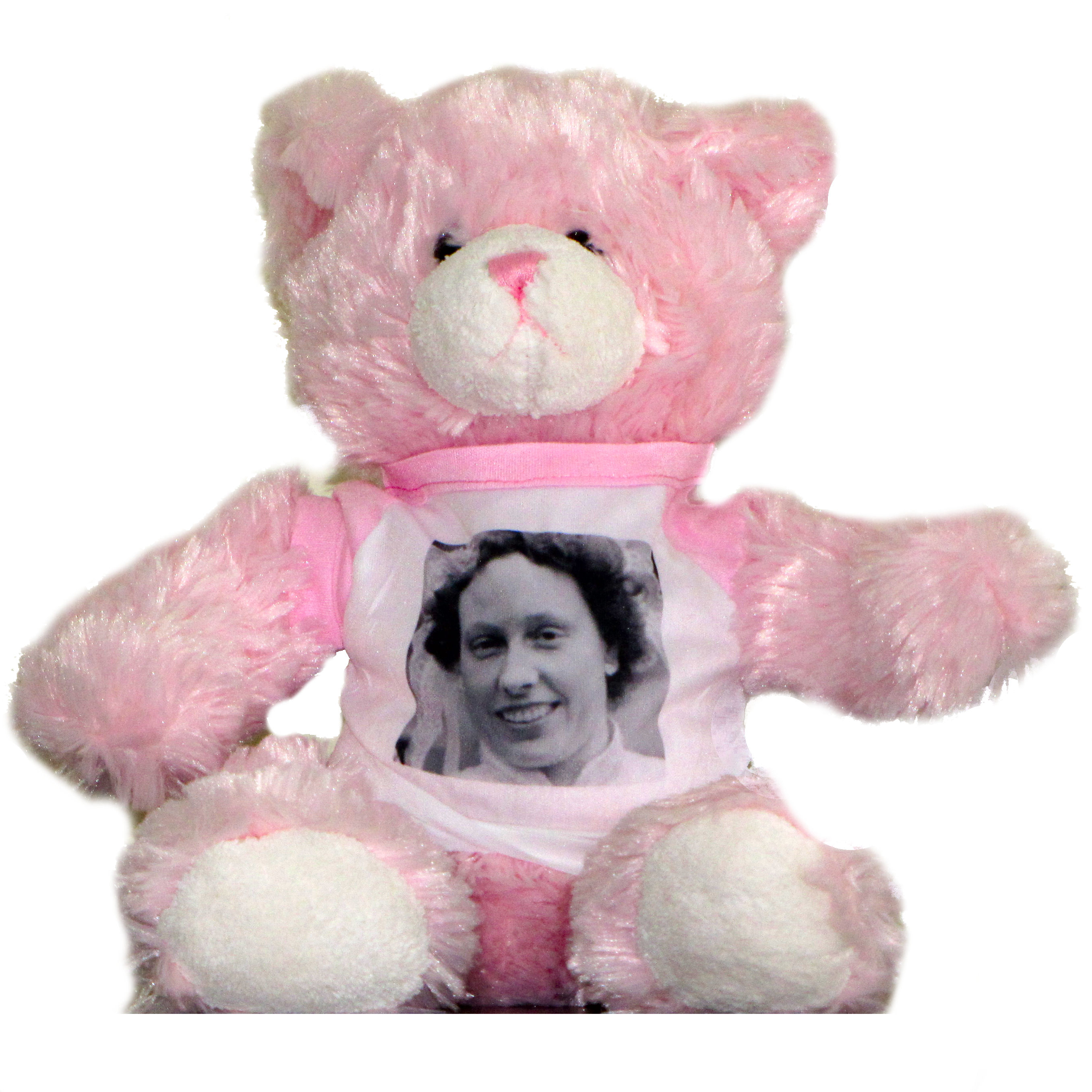Dementia - a term of convenience.
Sometimes, other people (including professionals such as doctors, personal carers etc.) write off
behaviours or physical issues as being 'just part of dementia'.
Let me explain.
Dementia is an umbrella term covering a number of
conditions. But every person is different and every experience of dementia is different. There is a
trap to be wary of, which is ascribing symptoms and behaviours to dementia when they may have other origins.
A patient has a particular type of dementia which causes certain personality issues. We'll give it a name - Frontal
Lobe Dementia. This patient also has a number of mechanical control symptoms related to a stroke.
Because the patient is known to have dementia, it is not uncommon to find all of their symptoms lumped into
the dementia basket. For example, if they cannot speak then it is because of the dementia. If they cannot swallow
then it is because of the dementia. if they grasp at unseen visions in the air then it is because of dementia.
Another example is in behaviours of concern that can arise when someone
with dementia is placed in an unfamiliar environment or routine. While those with dementia may have limited
short-term memory, they can react quite negatively when routine is disrupted or when their environment
changes. It sounds contradictory, but never-the-less it is true. Routine and a familiar environment are
essential for those with dementia. Imagine, then, how someone with dementia will react if suddenly placed in
a hospital, with unfamiliar surroundings, strange noises, different people and so forth. This can create
behaviours of concern which might include anxiety or vocalization (for example). But other things, such as
pain, can produce similar effects which - due to their dementia - people are unable to express normally.
Writing off some behaviour to dementia might be overlooking some other cause such as pain or discomfort.
Bulk allocation of symptoms like this might not seem too problematic, if for example someone is in hospital with
a broken hip. But when the patients chances of recovery are involved then it can be quite serious.
For example, an inability to swallow due to dementia is almost certainly not going to improve because dementia is a
progressive disease. On the other hand, if the inability to swallow is due to a stroke, then there is a
chance for improvement - albeit a small one.
There are other problems that can arise also.
When someone has been diagnosed with dementia, any unusual or unexpected behaviors are automatically attributed to
dementia. If someone is known to have dementia, for example, it is all too easy for those who have little real
understanding of that person's particular affliction to distinguish between a legitimate behavior and one that
occurs as a result of the dementia.
For example, in an aged care facility, a resident might insist that they should be going somewhere on a particular
day but staff, knowing only that she has some form of dementia, ignore it. The reality might be that a pickup was
scheduled but something critical has delayed it.
As carers we tend to know those we care for and are often able to distinguish symptoms and behaviors in terms of
their originating causes. We know when someone is exhibiting signs of dementia versus indications of some other
problem, illness or concern.
But most of society does not know. Doctors, nurses, personal care workers, shop-keepers - they can only rely on us
to present them with a clearer view. And there lies the problem. Dementia is a term of convenience to many of them
and our views - our experience - is often ascribed to 'denial' or 'optimism'.
Those in the best position to understand are most often treated, if not with contempt, then at least as over
emotional loved ones who are blind to the 'truth' that others (with no experience of, or history with, the person
involved) can 'see'.
Dementia is to them a convenient label that covers almost anything they can imagine.
No-one knows the 'patient' like their carer. It is always most important to listen to the carer.
Always.
| 
 Facebook
Facebook Reddit
Reddit Twitter
Twitter Delicious
Delicious